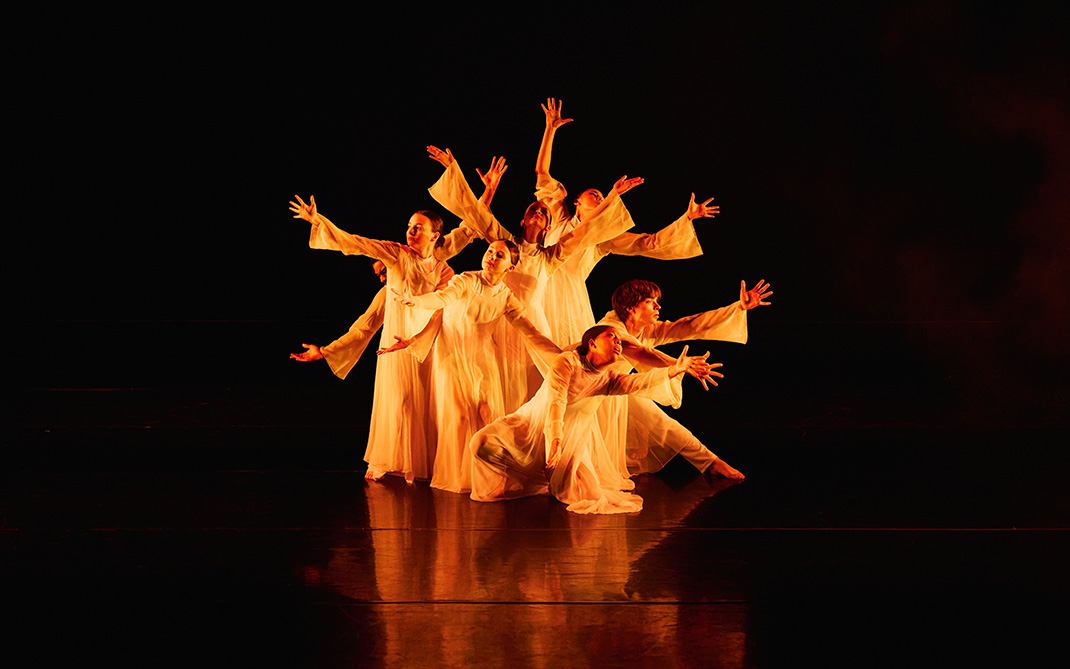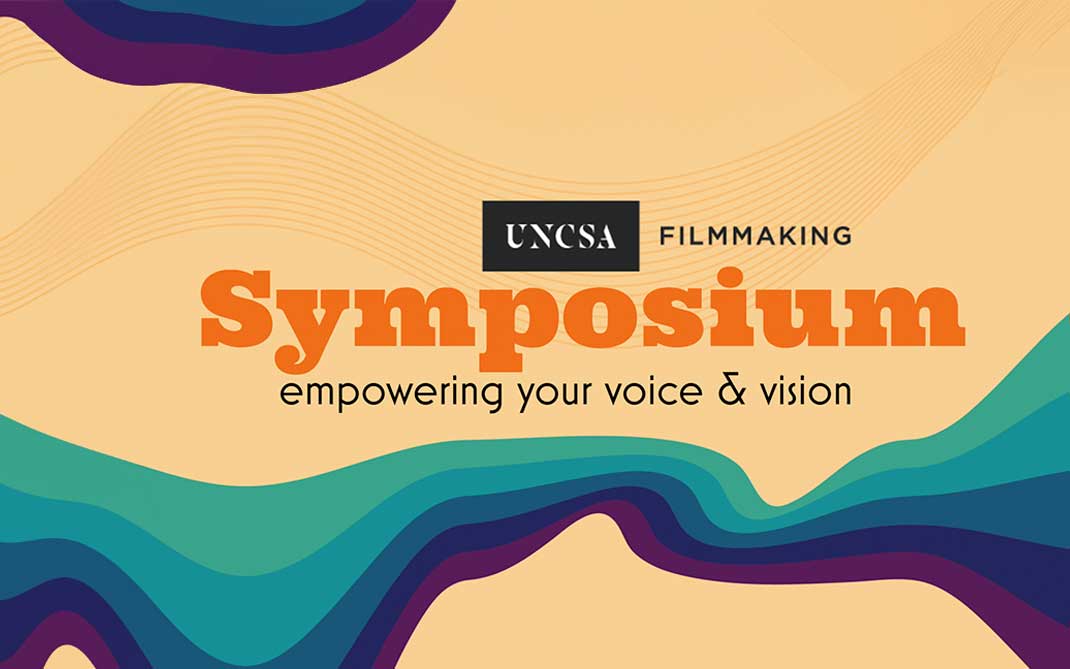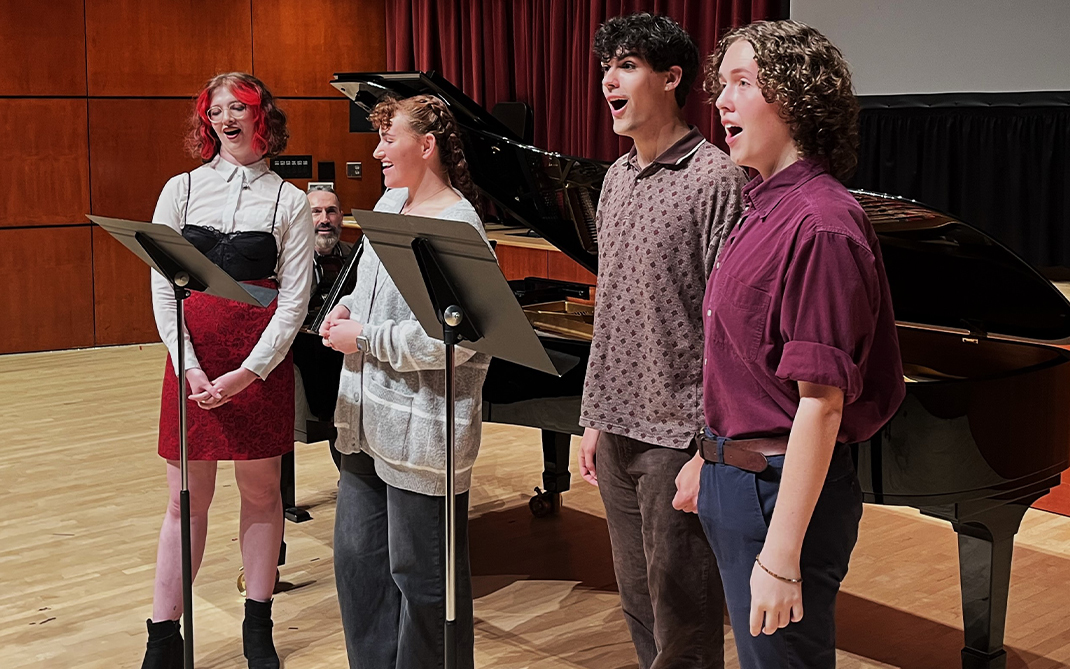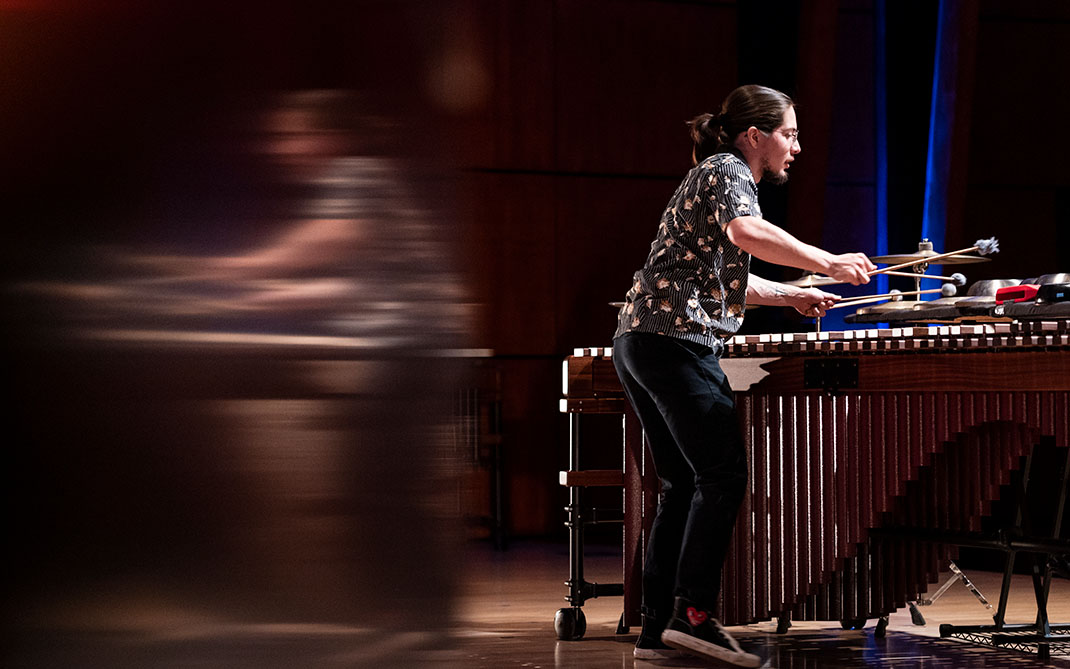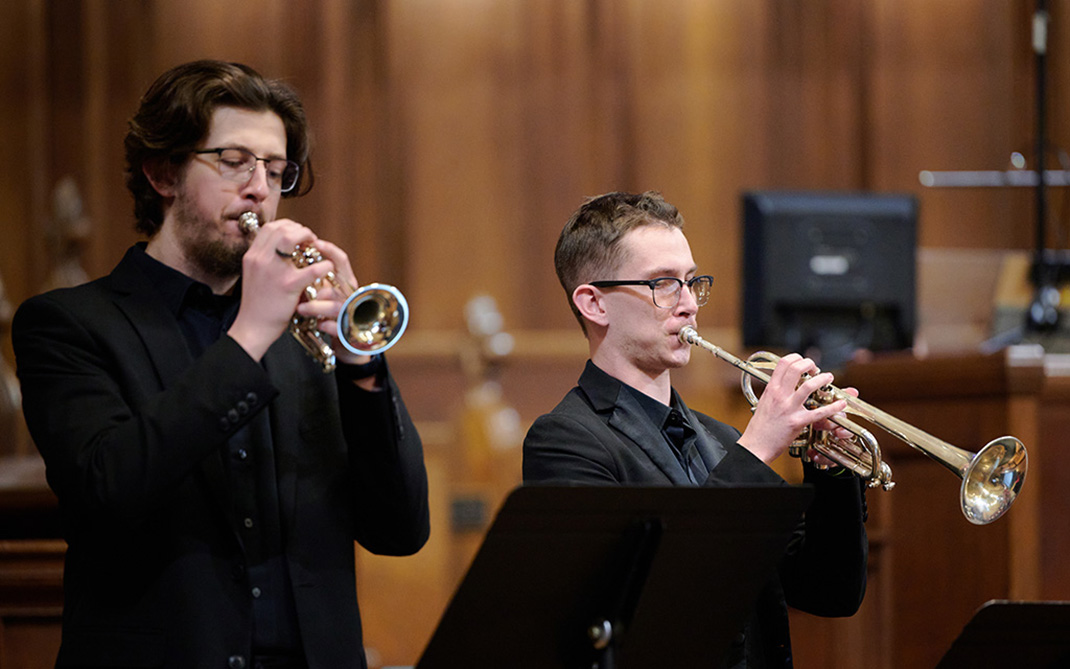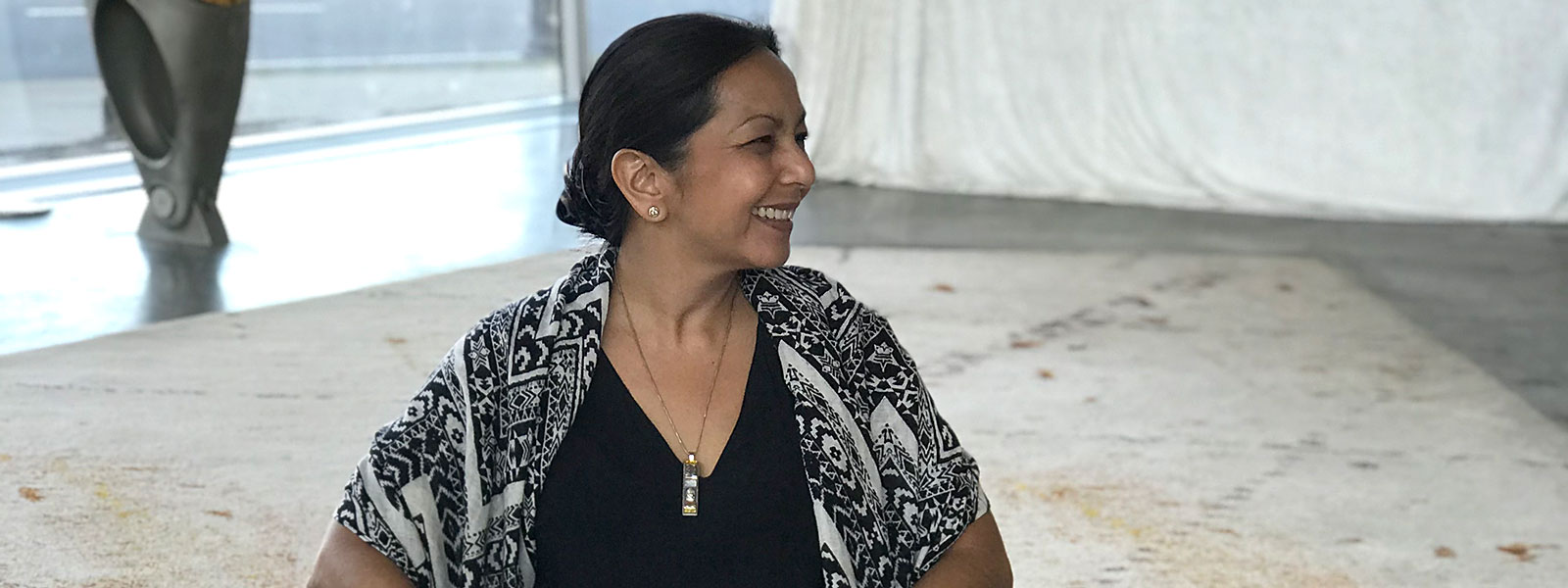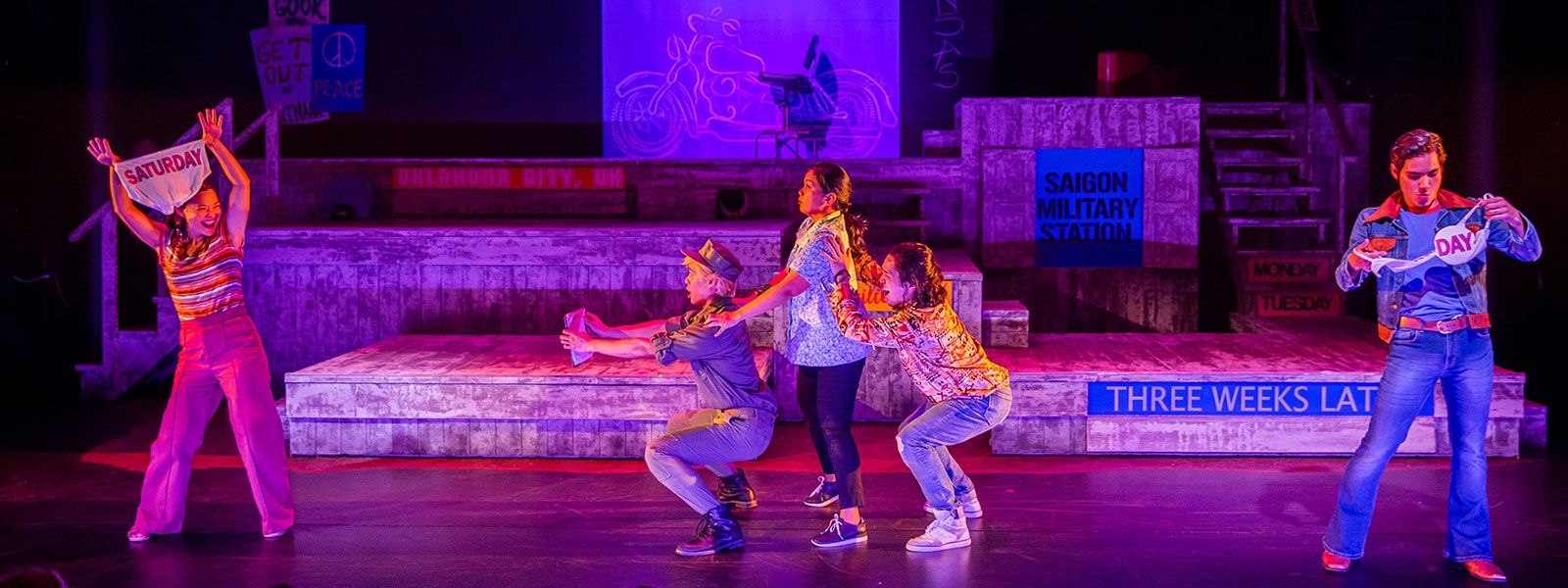Seema Sueko
The views and opinions expressed by speakers and presenters in connection with Art
Restart are their own, and not an endorsement by the Thomas S. Kenan Institute for
the Arts and the UNC School of the Arts. This interview has been edited for length
and clarity.
Seema Sueko is a Washington, D.C.-based director who until December of 2020 served as Deputy Artistic Director of Arena Stage. A fervent believer in the power of communities to contribute to and transform theater and vice-versa, in 2004 she co-founded Mo’olelo Performing Arts in San Diego, a theater company whose mission included telling diverse stories researched in and drawn from a multiplicity of communities. She then went on to become the Associate Artistic Director at Pasadena Playhouse, all along directing theater at some of the country’s best-known companies.
In this interview with Pier Carlo Talenti, she describes how the events of 2020 led her to recommit to her values and make a significant career change, one that will allow her to continue finding new and inventive ways to bring the healing and transformative art of storytelling to a wide array of audiences and communities.
Choose a question below to begin exploring the interview:
- Before we delve into the lessons of 2020, would you please talk about a creative project in 2021 that you’re particularly looking forward to?
- Can you tell me about the most striking ways in which 2020 affected your creative professional life?
- Given that you’re interested in changing the ways — you called them modes of delivery — of bringing theater closer to audiences and intended communities, what do you think currently in theater is making that delivery more difficult?
- How would you go about changing this imbalance that you talk about between artistic and administrative support staff?
- How do you think your own personal pivot, the way you’re envisioning your career going forward, might be a useful model for all sorts of theater artists?
- What were the biggest challenges you had to overcome as you made the decision to pivot your career? And how did you overcome them?
Pier Carlo Talenti: Before we delve into the lessons of 2020, would you please talk about a creative project in 2021 that you’re particularly looking forward to?
Seema Sueko: I am engaged as a director on a new musical called “Land of Smiles” by Erin Kamler. The producer is Gregory Franklin, and he’s interested in creating it as a podcast musical. We’re in the process of figuring out how to do that, and that’s a very exciting new project for me.
This particular musical is set in Thailand, and at first it looks like it’s a musical that’s about sex trafficking, women who work in these brothels in Thailand and the Westerners who try to save them. But it quickly reveals that it’s a much more complicated issue than that. The women who are working in these brothels actually are choosing to go. Some of them are crossing the border from Burma because they are part of a minority group called the Kachin people under attack by the Myanmar Army, and they are raising money to be able to fund the rebel movement. So what at first seems very clear-cut is far more complex.
It’s an exciting project to sink my teeth into.
Pier Carlo: So this is a project that initially at least will be not seen on the stage, but distributed via podcast?
Seema: Exactly, yes.
Pier Carlo: What a great idea. Well, I’m excited about that too.
Let’s circle back to 2020. Can you tell me about the most striking ways in which 2020 affected your creative professional life?
Seema: Yes, 2020 impacted my creative professional life in small ways and big ways.
At the start of the pandemic, I was serving as Deputy Artistic Director of Arena Stage in Washington, D.C. It’s a position I had held for almost five years and absolutely loved. Early in the pandemic, we pivoted. I’m really pleased to say that we pivoted. I realized early on that artists still exist and are still very creative and talented and imaginative and that audience still exists and they were still hungry for the art; the only thing that was broken was the delivery system.
So with my colleagues at Arena Stage we created a new delivery system, the Theater Artists Marketplace, which was a way to connect artists, their art and their artistry with the public, with no in-person contact, through a website where people can commission or purchase a work of art from these artists who’ve graced Arena Stage. We launched that in the middle of the summer. Again, that was such a pivot for the theater company. We also pivoted and started making films.
I wholeheartedly believe in the art form of theater, that it is and can be transformative and can contribute to building healthy and successful communities. But in order to do that, I recognized in that moment that I needed to more intentionally and deliberately activate my artistry for a public benefit, for a greater good.
But along the way as the pandemic wore on, I started doing some great introspection and values clarification and really clarified for myself that I wholeheartedly believe in the art form of theater, that it is and can be transformative and can contribute to building healthy and successful communities. But in order to do that, I recognized in that moment that I needed to more intentionally and deliberately activate my artistry for a public benefit, for a greater good.
As I was trying to figure out how to do that, we heard from a gentleman named Steven Grundman, who’s a senior fellow at the Atlantic Council, a think tank in Washington, D.C. He reached out to Arena Stage because he wanted help in producing, creating a theatrical piece in an online format for Veterans Day. It was a project that excited me. I ended up directing this film called “Veterans Day 2020” for this think tank.
I absolutely loved working with the think tank, and I was so thrilled. As we often say, theater is so important, but I had hit a point where I was asking myself, “Important to who?” For the Atlantic Council to reach out to us and say, "We want theater and need theater to bridge this gap between veteran communities and ordinary civilians," that was energizing to me.
That led me to embark on a new initiative of trying to activate my art form, animate my work for the greater good, and to try to solve problems. So I sunsetted my position as Deputy Artistic Director at Arena Stage on December 15th and have embarked on this new initiative.
Pier Carlo: Wow, so it sounds like the year really did make a drastic change and it sounds like a wonderful change in your personal and professional life.
Given that you’re interested in changing the ways — you called them modes of delivery — of bringing theater closer to audiences and intended communities, what do you think currently in theater is making that delivery more difficult?
Seema: What a good question. You know, I’ll approach this question more from a personal perspective. Part of the values clarification for me was really recognizing the impact that I personally wanted to make and evaluating what’s the best way for me to try to make that. I recognized that working within a theater organization had been what I did for a good majority of my professional career but that maybe there were other ways to just try to make a direct impact.
I had a recognition as I looked closer and closer at our organization and at theaters across the nation that the artistic departments in many of these theaters are often the smallest departments. The largest departments might be marketing and communications or the development/fundraising department. The artistic is the smallest. Then maybe the next largest is production — the folks who build the scenery, put up the lights, build the costumes, etc. — but in those production departments a good majority of the employees are actually contracted seasonally or paid hourly. So as I started thinking about a budget as a reflection of values, it seemed to me that the structures were undervaluing art and artists and artisans, even though that is what they do: make theater.
Pier Carlo: Right. The average audience member would be probably very shocked to learn that the artistic staff was actually by far the smallest staff in the organization, right?
Seema: Exactly. I realized part of my values is actually centering artists and animating artists to be able to not only tell a beautiful story or paint a beautiful picture but to activate that work for a greater good. By sidelining the artists, I felt like I would not be able to do that within that structure. But outside of the structure and maybe in partnership with the structure, coming from the outside, I might be able to have a better chance at fulfilling and living out my values.
Pier Carlo: Tell us, for people who don’t know the way institutional theaters work, why does that imbalance currently exist?
Seema: Oh, boy [she laughs], I think we’d probably have to ask a number of people to get an answer to that question!
As these institutions grew, I’m talking about the nonprofit theater model, marketing and development departments got created to be able to fulfill the needs of a subscription program and help pay the overhead of the building. I think they just grew to be machines.
Now, Arena Stage pre-pandemic was a high-functioning machine that would produce 10 robust productions a year, including a number of world premieres, but to do it, it relied on the structure. I have to admit as I worked within the structure I was quite blind to that sort of inequity between artists, artisans and admin. The pandemic, when we needed to really pivot very quickly, was when I started seeing that imbalance, that admin-to-artists ratio imbalance.
Pier Carlo: What made you see it particularly in the pandemic?
Seema: Well, I could see how artists were pivoting quite quickly, but I felt a weight on the administrative side that was not pivoting or was moving at a slower rate or even not wanting to pivot, because it was a structure that knew how to do what it did, which is produce 10 shows a year, which was not going to happen. So there was a reluctance, I think, amongst some on the admin side to pivot, an internal tension.
Rather than fight it or try to fix people internally ... I just thought, “Well, I want to go where I can make the impact.” And that’s what led to that change.
Like I said, my values were such that I knew where I wanted to be, and they wanted to pivot. Rather than fight it or try to fix people internally — [laughing] because I wouldn’t want anybody to fix me; I know how impossible that is — I just thought, “Well, I want to go where I can make the impact.” And that’s what led to that change.
Pier Carlo: How would you go about changing this imbalance that you talk about between artistic and administrative support staff?
Seema: Well, you know, in the commercial Broadway model, the marketing department is contracted for the production. Marketing companies and agencies compete to be the one to promote that particular show.
Pier Carlo: So a Broadway producer who wants to put up a Broadway play would ask for bids from marketing and advertising companies?
Seema: Yup.
Pier Carlo: He or she wouldn’t have them on his her staff?
Seema: Yes, exactly, and so just as we audition actors — we ask for bids from actors to do a show — what if we reverse that structure? What if instead artists were on salary with guaranteed jobs and health insurance and pension year to year, and marketing agencies competed for the contract to promote a show. So that’s one thing to examine: Who is on salary, who is contracted, and why?
Pier Carlo: How do you think your own personal pivot, the way you’re envisioning your career going forward, might be a useful model for all sorts of theater artists? How could what you’re doing translate to the field as a whole?
Seema: Well, I think our field as a whole has always suffered from not having enough job opportunities, even pre-pandemic. There were never enough jobs for artists, for the number of artists trained in university programs and conservatories and those also who don’t go through those programs. There was a lack of work.
I think part of what I’m trying to do is also surface new employers in different sectors for the artists. For example, this project with the think tank, with the Atlantic Council: They funded the making of that film that allowed us to contract not just me as the director but also nine actors, a theater sound designer, a theater projection designer, putting artists at work, doing what artists do.
So we should be thinking about other sectors that might be able to hire artists, employ artists, help them animate their stories, heal their communities, solve problems, but doing what artists do.
So we should be thinking about other sectors that might be able to hire artists, employ artists, help them animate their stories, heal their communities, solve problems, but doing what artists do.
I had heard a radio story on a woman who was a writer-in-residence at a hospital. She had been there before the pandemic. Her work was not to serve the patients as writer-in-residence but to serve the staff, who were stressed and overworked. She performed writing groups and would mentor them on their writing. It just provided a creative outlet that was healing and served as a way to balance out the work they do.
So, yeah, early in the pandemic as I was thinking about the number of freelance artists who were looking at not just weeks and months without work but a year, maybe a year and a half to two years without work, I just started thinking, how would they hang up their shingle? And what could they offer the world?
You know, if I were to say to you, Pier Carlo, I’d love for you to be the resident artist of my family. What would you be able to offer us? Or as I went to the grocery store and could see the staff there very stressed, double-masked behind Plexiglas, what could we offer them if we had put artists-in-residence throughout our communities during this pandemic and beyond the pandemic?
Pier Carlo: What were the biggest challenges you had to overcome as you made the decision to pivot your career? And how did you overcome them?
Seema: I hit a point in August where it actually seemed so very clear to me that I needed to make a change, and I spoke about it with Molly Smith. She’s the Artistic Director of Arena Stage. She’s my boss, my mentor, and my enduring friend.
When I first shared this feeling I was having, she was surprised and shocked and sad, but she also heard me speak about this very deep need I was feeling. She could hear that it was so authentic and true and ultimately was very supportive of me making this change.
I said to her, though, "Look, it could look very bad that your Deputy Artistic Director, who’s a woman of color, is leaving at this moment and not to go to another job but to just go out into the world." [She laughs.] And I said, "So let’s manage this transition. We’re two smart ladies. We can make it a very elegant transition." So that she isn’t harmed, that I’m not harmed and so that it opens up opportunities for others at Arena Stage to flourish. That was in August. I think it wasn’t until October that we announced it internally and to the board, and we used the time in those weeks to very deliberately and as seamlessly as possible try to do the transition.
Pier Carlo: Wow. Two adults acting like adults. That’s remarkable!
Seema: Well, Molly is really a remarkable woman and leader, and we have the kind of relationship where we can be honest with one another and speak our truths. And that’s all kudos to her, because that’s how she leads and how she taught me through the years that I’ve known her.
January 11, 2021
